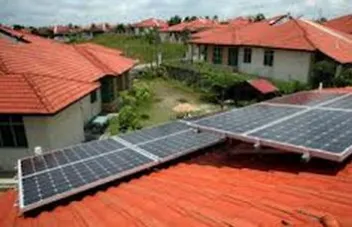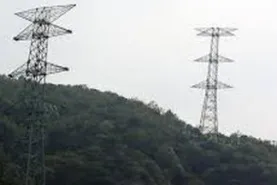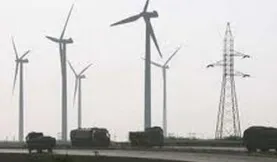News
Malaysia reports surge in renewable energy projects
Ignited by implementation of Feed-in Tariff in 2011.
Malaysia reports surge in renewable energy projects
Ignited by implementation of Feed-in Tariff in 2011.
Mitsui pushes ahead with wave power technology
Partners with Ocean Power Technologies Inc.
Indonesia begins moves to amend Geothermal Law
Revision to optimize the utilization of geothermal energy. The Ministry of Energy and Mineral Resources has filed a draft bill at the Indonesian parliament to revise Law No. 27 of 2003 on Geothermal Energy. Commission VII at the House of Representatives has formed a Special Committee to further discuss the draft bill. Jero Wacik, Minister of Energy and Mineral Resources, said that as a renewable energy source, geothermal energy has great potential to contribute to electricity distribution in Indonesia. Indonesia has up to 40% of the world’s potential geothermal energy resources capable of producing 30,000 MW of electricity annually. Despite its great potential, the development of geothermal energy is currently being held back by cross-ministry regulations. This is a consequence of geothermal energy production being considered a mining activity. This has caused problems for exploiting geothermal hotspots in forest areas that requires permits from the Ministry of Forestry and Ministry of Environmental Affairs.
Korea’s industrial electricity sales rise 2.9% in September
This despite a drop in exports.
JinkoSolar to build 120 MW rooftop array in Zhenjiang
Project will cover 1.2m sq m.
India test runs controversial Kudankulam nuclear reactor
Start-up delayed for six years. Nuclear Power Corporation of India Ltd., the nation’s sole atomic energy producer, has test-started the first unit of the Kudankulam nuclear power plant in the southern state of Tamil Nadu. The reactor was operated for two hours at a capacity of 175 megawatts. Station director Hari Narayan Sahu said the unit should run at half its capacity by Oct. 26 and reach its maximum output of 1,000 MW in six weeks while the second reactor should start in a year. Public rallies against Kudankulam are directed against the first two reactors, both of which are not covered by any liability law. The Kudankulam reactor is the result of a bilateral agreement between India and Russia signed before the Civil Liability for Nuclear Damages Act became a law in 2010. The law makes atomic plant suppliers and builders liable in the event of nuclear accidents.
India’s renewable energy sector by the numbers
India’s total renewable energy potential is 150 GW. Despite this, India’s entire renewable energy sector contributes only 12% of India’s total power. About 65% of power from renewable energy sources comes from wind energy. Biomass accounts for 14%; small hydropower projects contribute 13% and solar energy 5%. Other sources contribute about 3%. The government intends to add 10 GW of solar energy by 2017 and 20 GW by 2022. India generates 1.8 GW of electricity from solar energy. India’s total installed power generation capacity stands at 223 GW, far less than the requirement. Demand for power is estimated to increase by 16 GW a year until 2020. The government plans to increase renewable capacity by 72 GW in the thermal sector; 11 GW in the hydro sector and 5 GW in the nuclear sector. Renewable energy sources contribute 29 GW of electricity. India expects to double this capacity to 55 GW by 2017. Solar energy generation alone will increase to 20 GW during this period under the Jawaharlal Nehru National Solar mission.
Energy efficiency is the world’s “first fuel”
Vital to cutting carbon emissions and promoting energy security.
China, Canada enhance energy ties
Promise to promote energy and economic cooperation.
Mitsubishi organizes energy subsidiary in China
Expects steady market growth in China.
China arrests top officers of failed solar energy firm
Detained on allegations of fraud.
Russia and China expanding energy cooperation
Covers fossil, renewable and nuclear energy.
India, Finland to produce ethanol
Will cut Indian imports of this product.
Legal barriers stunting Indonesia’s renewable energy growth
Needs legal breakthrough to boost RE.
South Korea indicts 100 persons in nuclear safety certificates scandal
They have been charged with corruption.
Thailand, China to boost energy security in Greater Mekong Subregion
Sign MOU to study and develop fossil and renewable energy.
POSCO E&C to build world's first underground combined cycle power plant
Its capacity is pegged at 800MW.


















 Advertise
Advertise














